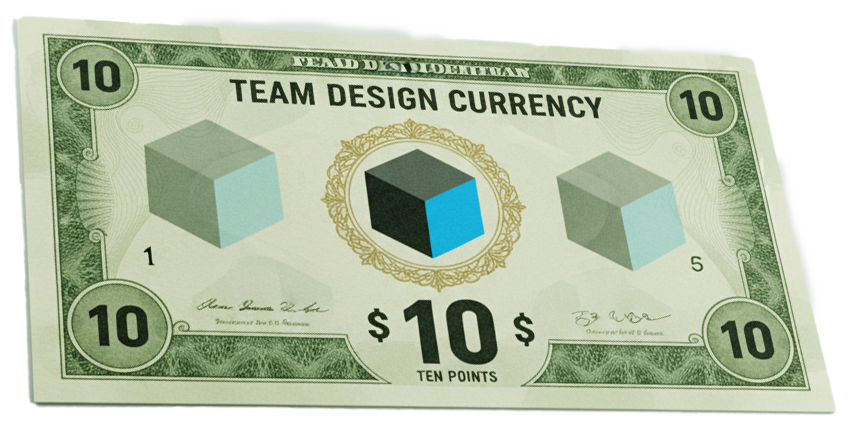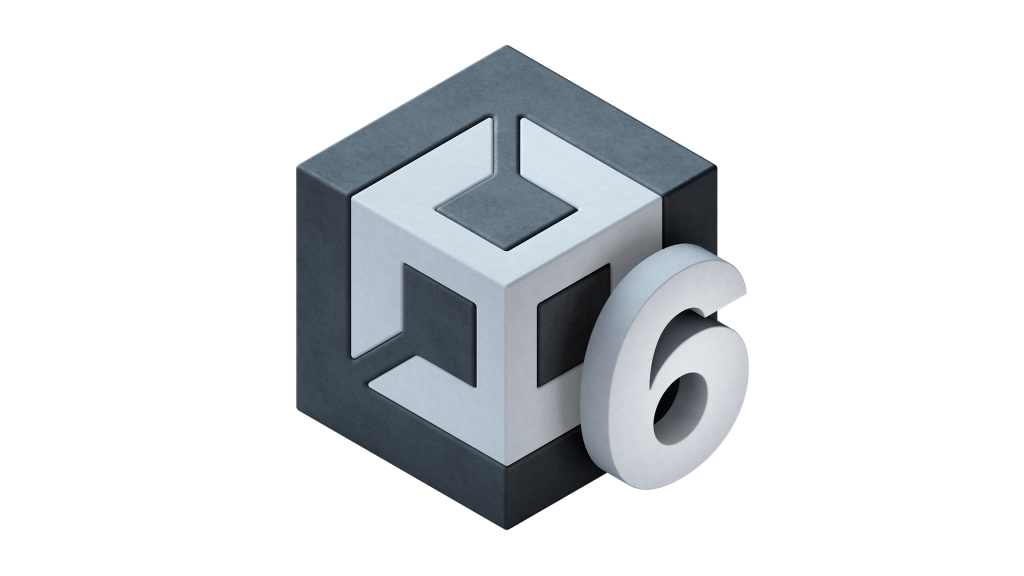Class hours: 10:05 – 2:45
Mr. Bohmann | wbohmann@ewsd.org
10:05 Today’s Notes & Attendance
- SLC Meeting – M117 during Lunch – Sebastian
- Lunch Order – for Friday CCV
- Today is a shorter day – adjusted schedules
10:10 Scrum Meeting
Let’s look at our sweatshirt designs and get some discussion flowing….
The “Limited Budget” protocol

Each of you has $100 – so we all have a fixed number of dollars.
Bid on your favorites: Each of you “spend” your dollars on the designs you like best. You can put all the money on one design or spread the dollars among several
We’ll count the most popular designs and then discuss our thoughts.
I’ll explain the next round of designs when we are done!
10:50 Break

11:00 Fundamental Programming with C# & Unity

Each Wednesday we’ll do a little programming to get more familiar with the Unity interface and help each of you get more comfortable with game programming. This practice will translate well when we get to SkillsUSA work and our full game unit next semester. I promise to keep the coding manageable!
Let’s look through our development environment, Unity, Asset Store and some basic programming. No heavy lifting today. We’ll also look some variable basics like bool, int, string and float.
All of our Game Objects have data attached to them. The Transform of a gameObject has 9 pieces of primitive data – like location of x, rotation of z and scale, etc….
We can store information about game object values to calculate health, score points, among other game play options. Each value can be stored in a uniquely named storage area called a variable.
A variable is defined with a specific data type (such as int or float) and a name such as myScore or player1Health. You can change the variable’s contents while the program is running – that’s why it’s called a “variable”. We used lots of variables to store data.
Public variables are accessible from game play and from other scripts. Private variables, which is the default for variables are available only for that script.
[SerializeField] is a private variable type but is available from game play to adjust while testing. More on this later.
public class MyScript : MonoBehaviour {
int score; // declare an int called Score
float currentDirection; // declare the float currentDirection
char myInitial; // declare a char called myInitial
string userName; // declare a string called userName
bool isMoving; // declare a bool called isMoving
void Start () {
// numeric data types do not require quotes
score = 8;
// use the "F" suffix to specify a float value
currentDirection = 90.2F;
// use single quotes around individual characters
myInitial = 'A';
// use double quotes around groups of characters
userName = "Will Bohmann";
// boolean values are either true or false
isMoving = true;
}
}Variable Scope refers to where you place your variables. If you placed your variable in the Start method, it will run when the game begins and then not be accessible again.
For our final task today, we’ll write a little code that makes an object move. We’ll use variables to do it.
11:35 Lunch

12:05 CCV Portal Support / Check In
Ms, Charron is going to come by to make sure you are able to access the portal for your CCV Class – if you cannot get into Canvas or have other issues that cannot be supported during this time, contact IT Support Page
12:25 Production Time and Guided Support
You have the following projects:
- 25 Free Photos – Due Tuesday, September 16th
- 6 Pack Personal Logos (paper designs) – Due Tuesday, September 16th
- Thinking about your passion project…. or working on it
- Next round of Sweatshirt designs
1:00 Afternoon Break (15 minutes)

1:15 Dailies

1:20 Independent Reading
